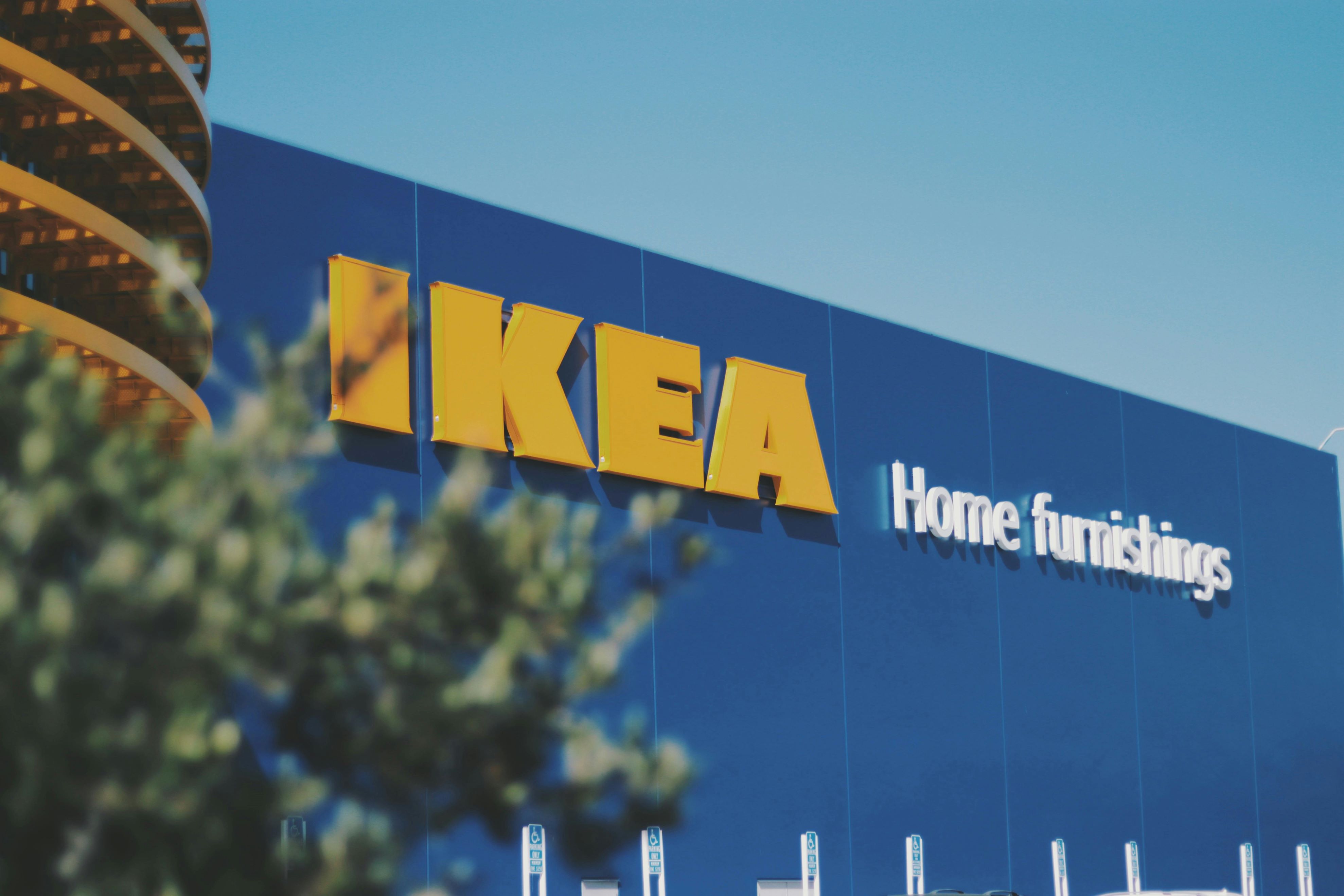Visa Stock Analysis: Is Visa a Strong Opportunity Ahead of Q4 Earnings?
$325.48
28 Jan 2026, 19:25

Pexels.com

Sustainability Meets Strategy
Ikea, the Swedish home furnishing giant, is stepping up its sustainability game by expanding its second-hand marketplace, Ikea Preowned, across Europe. Following successful pilot programmes in Madrid and Oslo, the initiative is set to scale across Spain and Norway, with ambitions to roll out in other European markets within a few years.
This move aligns with the growing global interest in the second-hand economy, driven by both consumer demand for affordable, sustainable options and increased competition from platforms like Vinted, eBay, and Depop. Ikea’s second-hand strategy aims to position the brand as a leader in sustainability while tapping into an evolving market trend.
The Growing Appeal of Second-Hand Marketplaces
The second-hand economy is booming, with platforms such as Vinted, Depop, and even large brands like Zara and H&M venturing into resale. Customers are increasingly seeking out affordable, eco-friendly ways to buy and sell items. However, profitability remains a challenge for most platforms, with exceptions like Vinted, which has diversified into books, electronics, and toys, and achieved a valuation of €5 billion.
Ikea’s Preowned service is designed to stand out in this competitive landscape. The platform offers sellers an efficient process, providing product photos, manuals, measurements, and spare parts, as well as recommending pricing. Ikea sweetens the deal by offering store vouchers worth 15% more than the sale price, encouraging customers to stay engaged with the brand.
Why Ikea is Betting Big on Preowned
Jesper Brodin, CEO of Ingka (the operator of most Ikea stores), revealed that the pilot programme attracted around 200,000 website visitors and engaged several thousand customers. While Brodin acknowledged that the initiative isn't yet a major contributor to Ikea's bottom line, he emphasised the strong customer interest and the potential long-term benefits.
“This is a market and a movement in society,” Brodin explained. “If we stayed outside it, we couldn’t take part in it.” He added that the initiative is about more than revenue—it reflects Ikea’s broader commitment to sustainability and responding to societal shifts.
Since 2016, Ikea has increased its revenues by 24% while reducing carbon emissions by 30%. Initiatives like Preowned, alongside past innovations such as energy-efficient LED lightbulbs and affordable solar panels, reinforce Ikea’s reputation as a sustainability pioneer. Brodin highlighted the need to define “what good looks like” in terms of both business impact and environmental benefits.
Overcoming Challenges in Scaling the Marketplace
Despite its success, Ikea faces significant challenges in scaling its second-hand marketplace. As a peer-to-peer platform, Ikea does not handle shipping or transactions directly, focusing instead on providing tools and support for sellers. This approach limits operational complexity but adds scalability challenges, as Ikea must grow its user base to remain competitive with established platforms like eBay.
Brodin remains optimistic, stating, “The challenge is the scale. It’s the next-step challenge.” While the company acknowledges that the second-hand market comes with a degree of hype, Brodin believes it represents a permanent societal shift because “it’s smarter.”
Conclusion: A Sustainable Future for Ikea and Its Customers
Ikea’s expansion into the second-hand marketplace underscores its commitment to sustainability and customer engagement. By providing an easy-to-use platform that offers value to sellers and buyers alike, Ikea is well-positioned to lead in this growing sector. As more consumers prioritise affordability and eco-friendliness, initiatives like Preowned could redefine how global brands approach retail in an increasingly sustainable economy.
In economic terms, Ikea’s foray into the second-hand economy not only strengthens its brand but also taps into a growing segment that complements its core business. By aligning business growth with environmental responsibility, Ikea is setting an example for how companies can thrive in a circular economy.
Source: (FT.com)